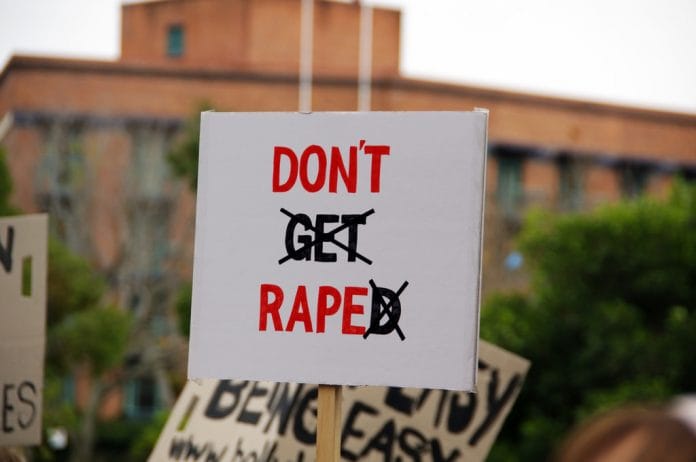To feel safe on campus is the basic right of every Indian student.
Sexual harassment is any unwanted conduct with sexual undertones. It includes many actions that are often brushed off as harmless. In a country like ours, sexual harassment is not taken as seriously by the concerned authorities as it should be.
To feel safe in an environment is the basic right of every individual, irrespective of their gender. But in today’s scenario, almost every college student faces harassment, in some form or the other. And unfortunately, students fail to share their grievances, given the norms of our rigid society and their own ignorance.
Indian universities can do a lot to address sexual harassment on campuses.
The 2015 UGC regulations state that it is mandatory for Indian colleges and universities to have an Internal Complaints Committee (ICC) that will conduct inquiries into sexual harassment complaints from students as well as staff. The committee should also provide assistance to complainants, in case they want to file a complaint with the police. But more than any committee, it is important for the students to come forth and speak up. For that, the universities should appoint a student body to directly interact with the victims and operate at the grass root level. This would encourage the students to bring sexual harassment cases to notice and help root the problem out of the system.
Also read: Bihar cricket body secretary accuses Vinod Rai of cover-up in BCCI sexual harassment case
Sexual harassment cases include both male and female victims. It is important for universities to realise the seriousness of the situation and conduct seminars to create awareness among the youth. Many students suffer in silence and never realise that they are being sexually harassed. That is because the system considers everything less than a rape, a ‘frivolous allegation’. But any unwanted interaction, that discomforts you, is harassment and should be reported immediately. As per the law, it is mandatory for the universities, or more specifically, for the ICC to take strict actions against any such activities.
Under the UGC act, there are a number of punishments the culprits can be subjected to including suspension, rustication and even expulsion. Other punishments include suspending certain privileges such as scholarships. Charges of inappropriate behaviour against faculty or staff members can even get them fired from their job.
Also read: Kerala nun rape case: Clamour grows for intervention by Pope Francis
Nobody has the right to make anyone insecure in an educational environment. Most of the students face difficulty while making decisions in such situations due to a lack of awareness. But it is really important for us to realise that being aware is the first step towards not being misused by others. Our society needs to understand that any misbehaviour, no matter how insignificant it may appear, can lead to a heinous crime in the future.
Shatakshi Pandey, student of PSIT, Kanpur is the winner of the opinion writing contest on the ninth edition of Democracy Wall. This was in a response to the question asked by ThePrint: What can Indian universities do to address sexual harassment on campus?
Democracy Wall is a monthly free speech campus initiative organised by ThePrint in collaboration with Facebook.






